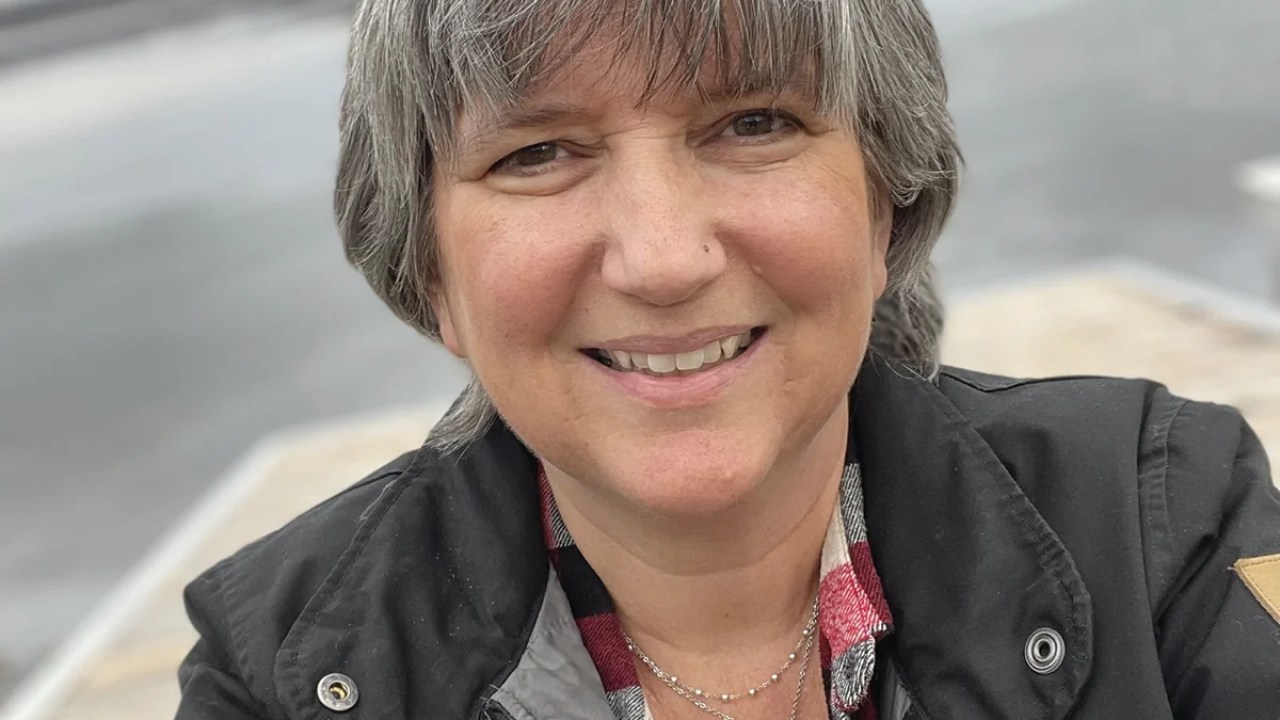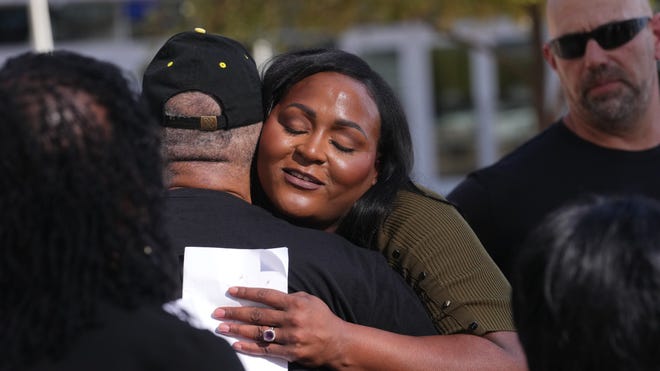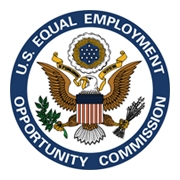Anglican Primates Urge Church to Combat Racism and Enhance Diversity
Anglican Primates Unite Against Racism and Promote Diversity
In a world where diversity is often championed yet inconsistently practiced, the Anglican Communion is taking a resolute stand. The recent call by Anglican Primates for the Church to actively combat racism and enhance diversity sends a clear message: it’s time to step up and take action. In this article, we’ll dive into the details of this significant movement, exploring its implications for the Church and society at large. So grab a cup of tea (or coffee) and let’s unravel this topic together!
A Historical Context: The Need for Change
First off, let’s paint a picture of how we arrived at this moment. Historically, many religious institutions, including the Anglican Church, have struggled with issues of racism and inclusivity. Though the Church has long been a beacon of hope and community, some of its practices and teachings have reinforced societal inequalities.
Think about it—how many times have we heard stories of congregants feeling unwelcome or marginalized due to the color of their skin or cultural background? The situation often feels like trying to fit a square peg into a round hole; no matter how hard you try, it just doesn’t work seamlessly.
This call to action by the Primates—leaders from different provinces of the Anglican Church— signals they are no longer willing to sweep these issues under the rug. Rather, they are intent on addressing the unspoken truths that many prefer to ignore.
The Call to Action
Who Are the Primates?
Before diving deeper into their powerful message, let’s break down who these Primates are. They are the senior bishops of various provinces within the Anglican Communion, each representing a unique cultural and geographical context. This diverse group embodies a wide array of perspectives, yet they share a unified goal: to nurture a more equitable Church.
The Heart of the Message
During a recent meeting, Primates issued a statement urging the Church to implement proactive measures against racism. They emphasized the importance of acknowledging systemic injustices and making practical changes that boost diversity at all levels.
It’s almost like looking closely at a painting; you’ll start to notice the brushstrokes that make up the complete image. The Primates highlighted the following key points that deserve our attention:
- Acknowledgment of Past Mistakes: Recognizing historical missteps sets a foundation for healing.
- Dismantling Systemic Racism: It’s not just about individual actions but transforming institutional structures.
- Empowerment of Marginalized Voices: Ensuring that leaders from diverse backgrounds have a seat at the table.
- Ongoing Education and Training: Educating congregants and leaders about racism’s impact and how to combat it.
In short, the message is clear: change isn’t optional; it’s essential. But how can the Church facilitate this change?
Practical Steps Forward
Outreach Programs
One way the Church can combat racism is through outreach initiatives. Imagine a community event where various cultures come together to share their traditions, food, and stories. Such activities foster understanding and collaboration, helping combat stereotypes and prejudice.
Inclusive Leadership
Incorporating leaders from various ethnic backgrounds isn’t just a “nice to have”—it’s a strategic imperative. Leaders who understand the challenges faced by marginalized communities can advocate more effectively for inclusive policies. This isn’t just about representation; it’s about creating a genuine sense of belonging.
Education Campaigns
Education is one of the most powerful tools we possess. Offering training sessions focusing on racial justice within church ministries can arm congregants with knowledge and spark important conversations. This might sound daunting, but think of it as rolling up your sleeves for a community gardening project. It may take time and effort, but the growth you’ll see is worth it.
Collaborating with Local Organizations
The Church can amplify its impact by collaborating with community organizations that focus on racial equity. Partnering allows the Church to broaden its influence and tap into existing resources dedicated to dismantling systemic racism. It’s like joining forces with your neighborhood book club to host a community literary festival—together, your reach expands, and the impact grows.
Addressing Microaggressions
Microaggressions—those subtle, often unintentional acts of discrimination—are like paper cuts; they may seem minor, but they can accumulate and cause significant harm. The Church must foster an environment where all congregants feel empowered to speak up about their experiences and provide support to one another.
The Bigger Picture: Why It Matters
You might be wondering, “Why is this such a critical issue?” The answer lies in the essence of what the Church stands for. At its core, the Church is intended to be a place of love, community, and acceptance. By combating racism and enhancing diversity, the Church takes steps toward embodying these values.
Additionally, a Church that actively works toward inclusivity can better serve its community. A diverse congregation means a variety of perspectives and experiences, allowing the Church to address the needs of all its members more effectively.
Moreover, in a rapidly globalizing world, embracing diversity isn’t merely a moral imperative—it’s a necessity. As communities become increasingly interconnected, the ability to empathize and understand different perspectives will foster harmony and cooperation.
What Can You Do?
If you’re reading this and wondering how you can contribute, here are some actionable steps you can take:
- Educate Yourself and Others: Read books, attend workshops, and engage with content that expands your understanding of racism and diversity.
- Engage in Conversations: Start dialogues within your community or Church groups about the need for inclusivity.
- Support Diverse Leaders: Advocate for the appointment of diverse leaders in church positions. Representation matters!
- Participate in Initiatives: Get involved in church programs aimed at promoting diversity and inclusion.
- Stay Informed: Follow the developments within the Anglican Communion related to these important initiatives, and participate where needed.
Conclusion
It’s heartening to witness such a robust campaign spearheaded by the Anglican Primates, urging the Church to take significant strides toward combating racism and enhancing diversity. As we navigate this complex landscape, it’s vital to remember that change begins with open hearts and open minds.
This isn’t merely about addressing past wrongs; it’s about building a future where everyone feels valued and included. By embracing the spirit of unity and diversity, the Church can become a true reflection of the community it serves.
FAQs
1. What exactly did the Anglican Primates call for?
The Primates urged the Church to actively combat racism and increase diversity, focusing on the acknowledgment of past mistakes and empowering marginalized voices.
2. How can Churches implement anti-racism initiatives?
Churches can create outreach programs, promote inclusive leadership, and offer educational campaigns on racism and diversity issues.
3. Why is diversity important in religious settings?
Diversity enhances understanding, fostering stronger community ties and enabling the Church to serve all congregants more effectively.
4. What are microaggressions, and why should Churches address them?
Microaggressions are subtle acts of discrimination that can accumulate harm. Addressing them is important for creating a supportive and inclusive environment.
5. How can individuals contribute to this cause?
Individuals can educate themselves, engage in conversations, support diverse leaders, and participate in church initiatives aimed at promoting diversity and inclusion.







